▼
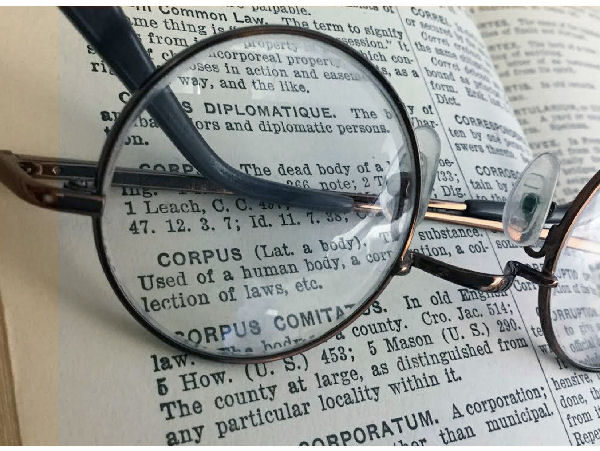
BYU Law School’s third annual Law & Corpus Linguistics Conference brings together legal scholars from across various substantive areas of scholarship, prominent corpus linguistics scholars, and judges who have employed corpus linguistics analysis in their decisions.
This panel explored the role corpus linguistics can play with respect to constitutional interpretation—especially with respect to originalism. The panelists discussed the potential challenges of corpus linguistics analysis of older, Founding-era documents; the similarities and differences between the application of corpus linguistics techniques to statutory interpretation as opposed to constitutional interpretation; the application of corpus linguistic techniques to various methods of originalist interpretation; and ways to operationalize the incorporation of corpus linguistics techniques into constitutional interpretive analysis. The panel also briefly discussed the creation of BYU’s Corpus of Founding-era American English.
The panel discussed the nature of contract interpretation especially with respect to the plain meaning rule; the fallacy of reliance on human intuition; and the need for a more empirical approach to contract interpretation. The pros and cons of both corpus linguistics and survey methodology were discussed.
Justice Lee led an engaging discussion about corpus linguistics from a judge’s perspective—tackling issues such as whether a judge should engage in corpus linguistics analysis sua sponte, the preference for adversarial briefing on the subject, and obstacles preventing the wide-spread acceptance of corpus linguistics among judges as an appropriate tool of interpretation.
This panel discussed the role of corpus linguistics in the interpretation of statutes. While this is the area where the most research has been done in applying corpus linguistics to the law, the panel attempted to break new ground discussing a number of normative disputes that influence how and whether corpus linguistics can be applied including: the defeasibility of ordinary meaning; the meaning of ordinary meaning, and the applicability of the fixation thesis to statute. The panel also addressed practical questions such as how to determine what search is the relevant one for a given statutory dispute. The panel concluded with a robust discussion about ways to promote further corpus linguistics research.
While the previous three panels were composed primarily of lawyers, this panel consisted of some of the leading luminaries in the field of linguistics. This provided an opportunity for the experts to respond to some of the assertions or questions raised in previous panels—such as when Doug Biber stressed that with the right methodology, corpus linguistics could help answer questions of syntactic ambiguity. The panelists focused on the importance of applying robust linguistic methodology and discussed the importance of triangulation and statistics, and encouraged the legal scholars present to involve linguists in research questions early. They also discussed ways to increase excitement within the linguistics community.
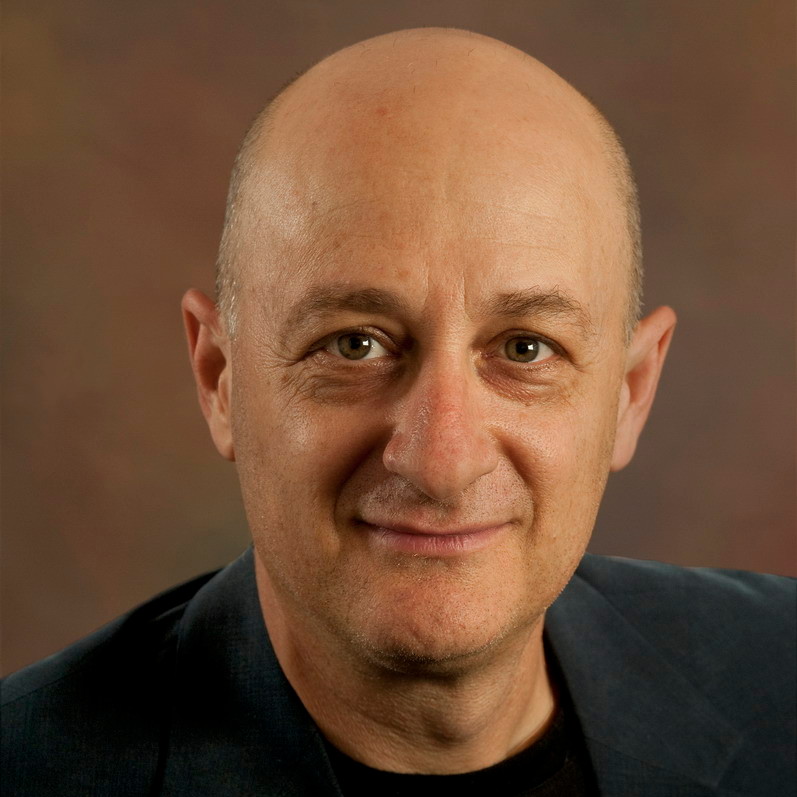
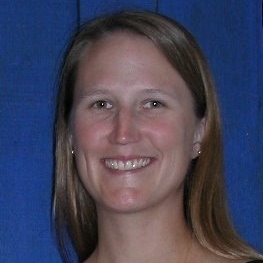
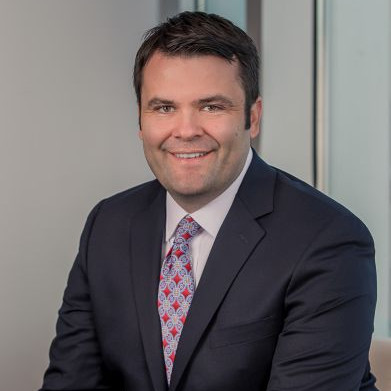
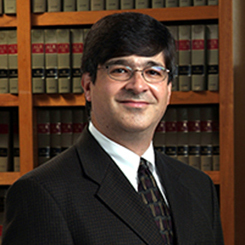
| 7:00 PM |
Dinner
Opening Reception/Dinner – by invitation |
| 8:30 AM |
Breakfast
|
| 9:00 AM |
Corpus Linguistics and Constitutional Law Panel
|
| 10:15 AM |
Break
|
| 10:45 AM |
Corpus Linguistics and Contract Interpretation Panel
|
| 12:00 PM |
Lunch (Introduction to COFEA & Judge’s Panel)
|
| 2:00 PM |
Corpus Linguistics and Statutory Interpretation Panel
|
| 3:15 PM |
Break
|
| 3:45 PM |
Linguists Panel
|
| 7:00 PM |
Dinner
|